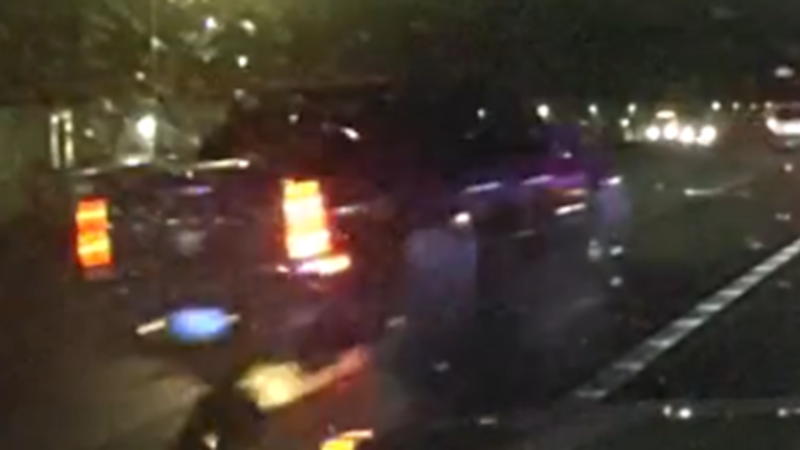Washington state’s experiment with pre-paid mail-in ballots didn’t turn out as predicted with no increase in voter turnout in the 2018 election, state officials confirmed.
The state paid $1.2 million for 38 counties — King County was the lone exception – to cover the postage on mail-in ballots in an effort to increase voter turnout. But funny thing happened on the way to the ballot box — nothing new.
“It does appear at least in the primary — and the general (election) trend is also looking the same – that the statewide turnout is the same as 2010 in both the primary and then general.”
In their analysis, officials drew comparisons with the voter turnout numbers in the 2010 midterm elections which had, essentially, same slate including U.S. Senate. By comparison, the 2018 primary race showed voter participation improvement in one-third of the counties and a decline in the other two-thirds.
“It’s kind of a mixed bag,” Wyman said. “We’re still reviewing the data.”
In May of this year, state elected officials touted the state-paid ballots as a way to get more registered voters to participate.
Gov. Jay Inslee, who backed the effort, told the Associated Press on May 15: “More voter participation makes for a stronger democracy. Because Washington is a vote-by-mail state, pre-paid postage is one important way we can reduce barriers to casting ballots.”
Early results show that it didn’t seem to matter much. Early tests indicated that some local, special elections did benefit from pre-paid postage. Statewide though, voter participation increases in some counties were matched by decreases in others. And the numbers showed that that the central driving force remains the same as it ever was: which elections are in play.
King County started the push to pay for mail-in ballots in April of 2018 when County Executive Dow Constantine allocated $381,000 to pay for ballot postage within the county.
One month later, Wyman’s office followed suit statewide saying it was unfair for voters in only one county to get free postage. Now, Wyman said, the static voter turnout numbers indicate that the Legislature might not be warm to funding government-paid postage moving ahead.
“I think if we had seen stronger voter turnout, I’d be a stronger advocate (for continued state ballot-postage funding),” Wyman said.
“Was it nice for the state to do this for voters? Sure it was,” she added.
But she got an earful from both the people who supported the effort and those who saw it as a waste of taxpayer money.
The larger point that lawmakers should deal with, she said, is that the state does not adequately cover the cost of the elections it requires the counties to hold. The smaller and midsize counties have to dip into their general funds to pay staffing costs for elections.
“The state doesn’t pay its share of election costs,” she said. “We need to have that conversation in the Legislature.”
KIRO






